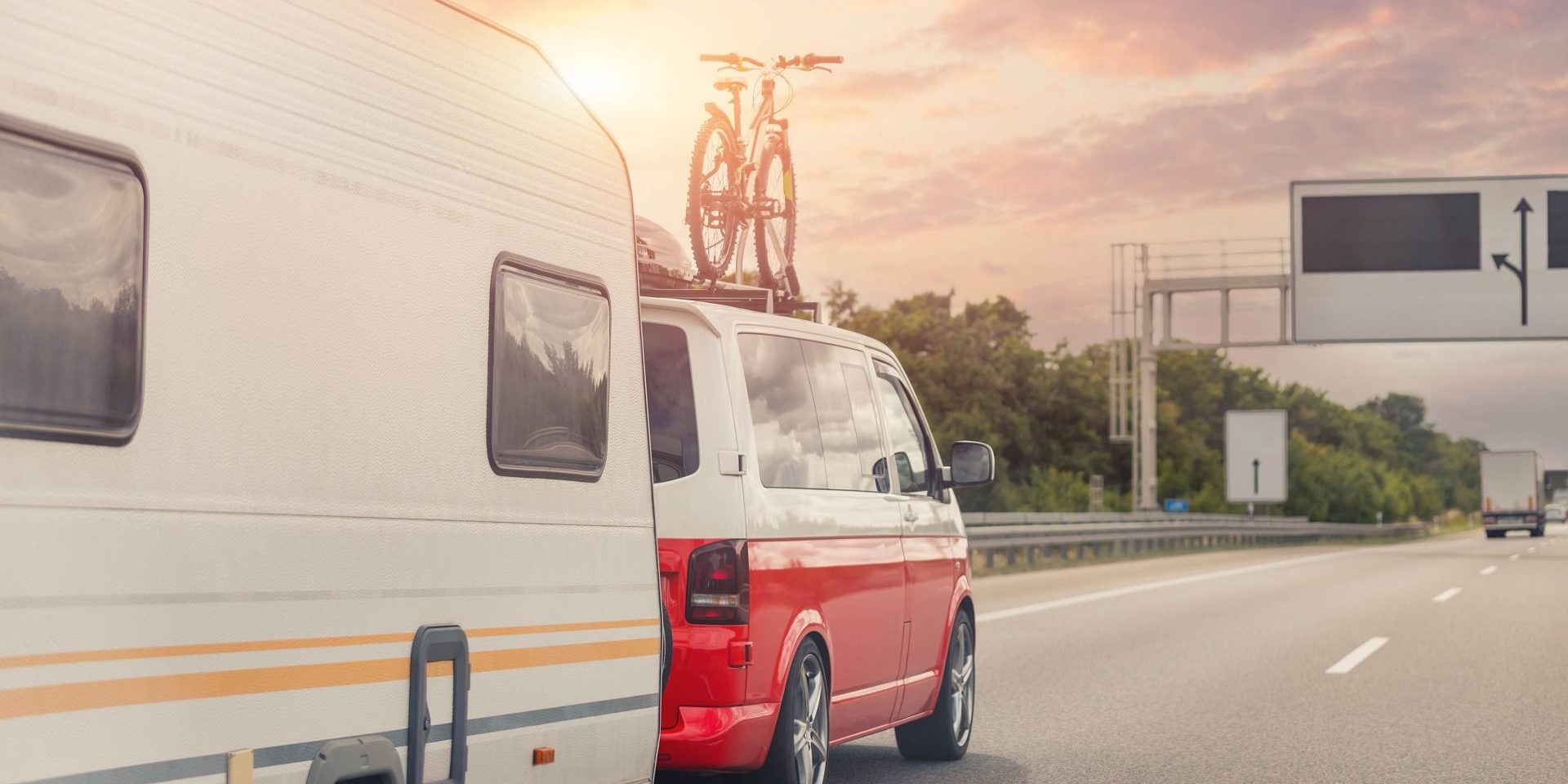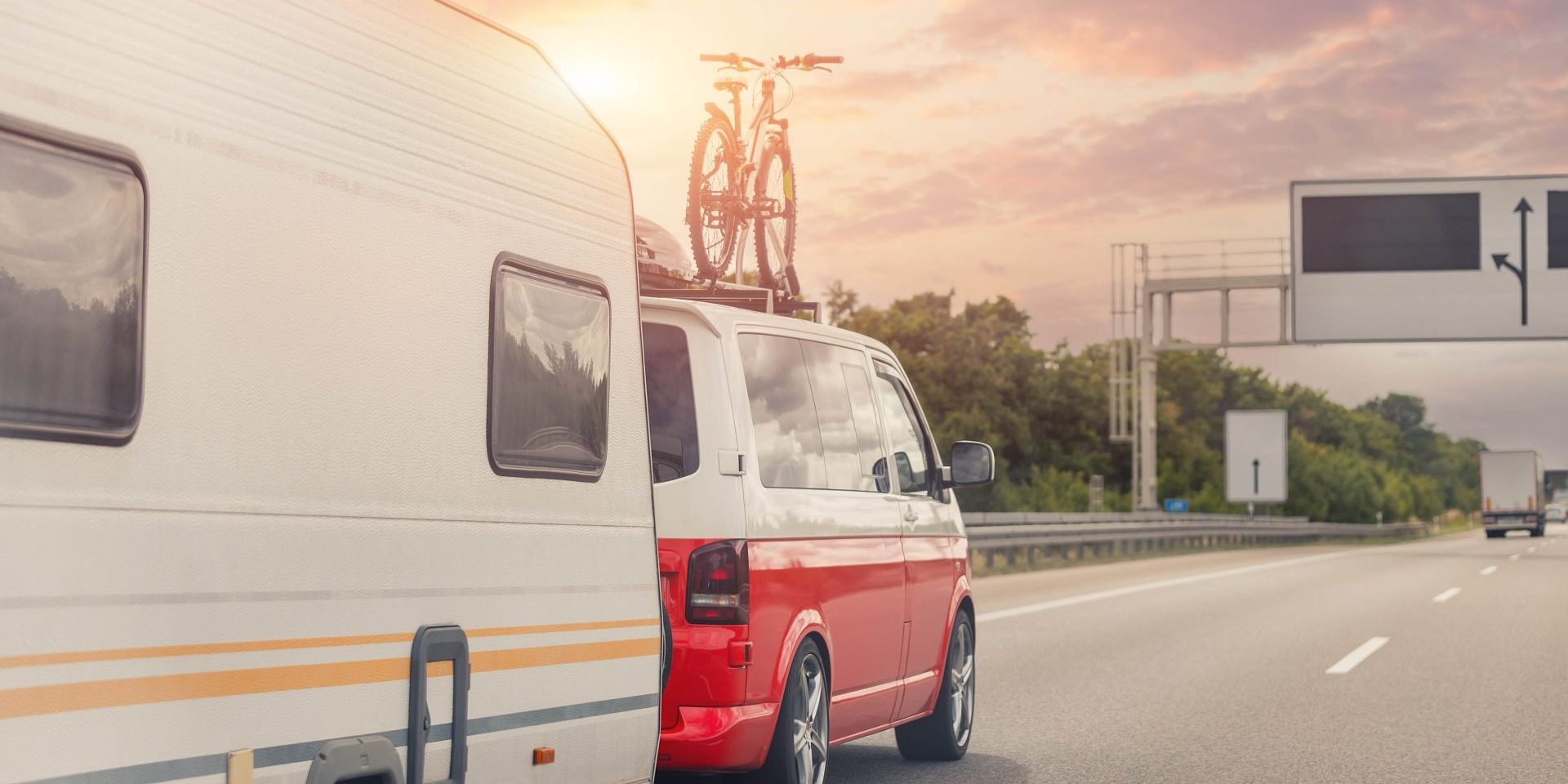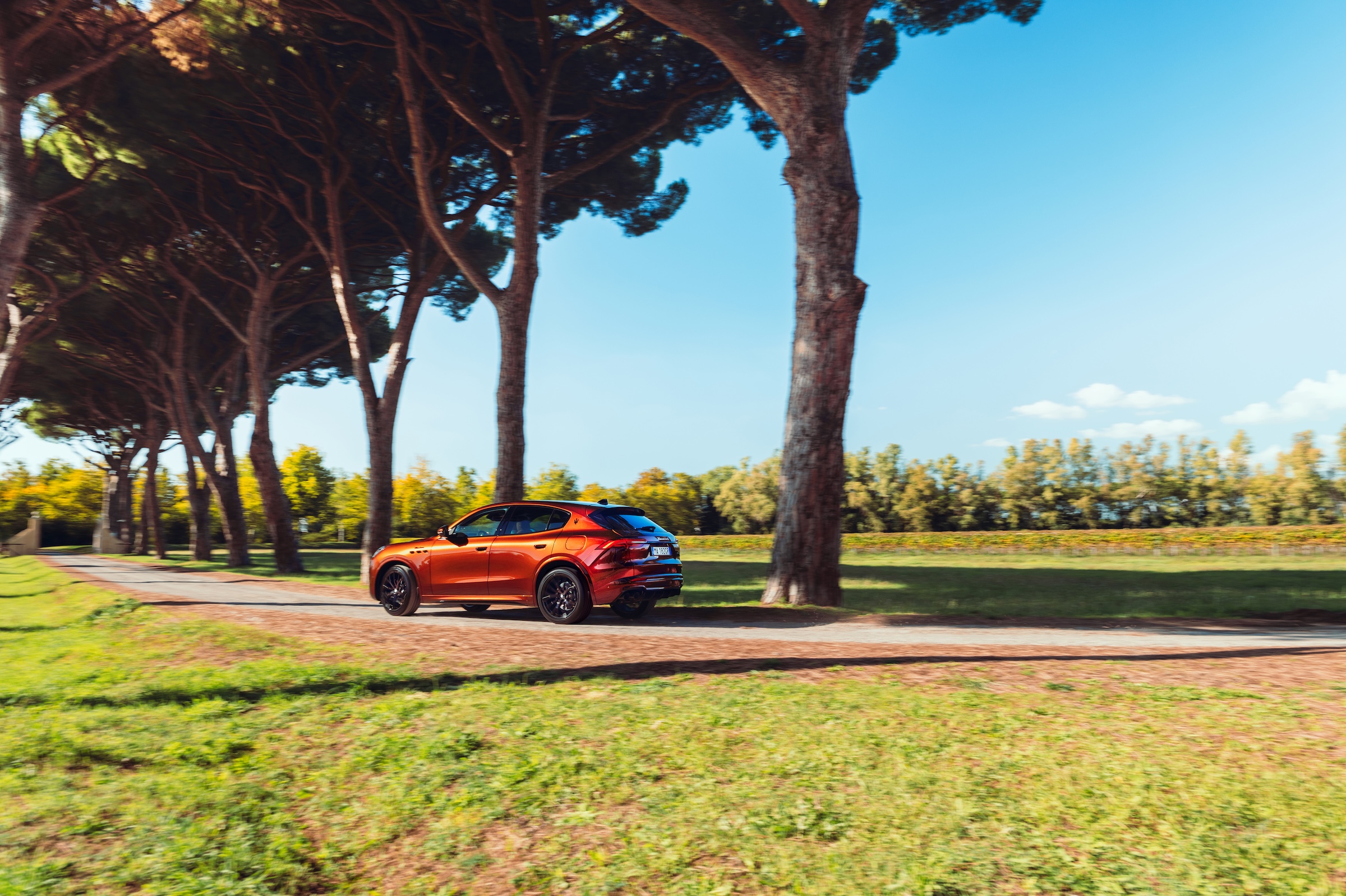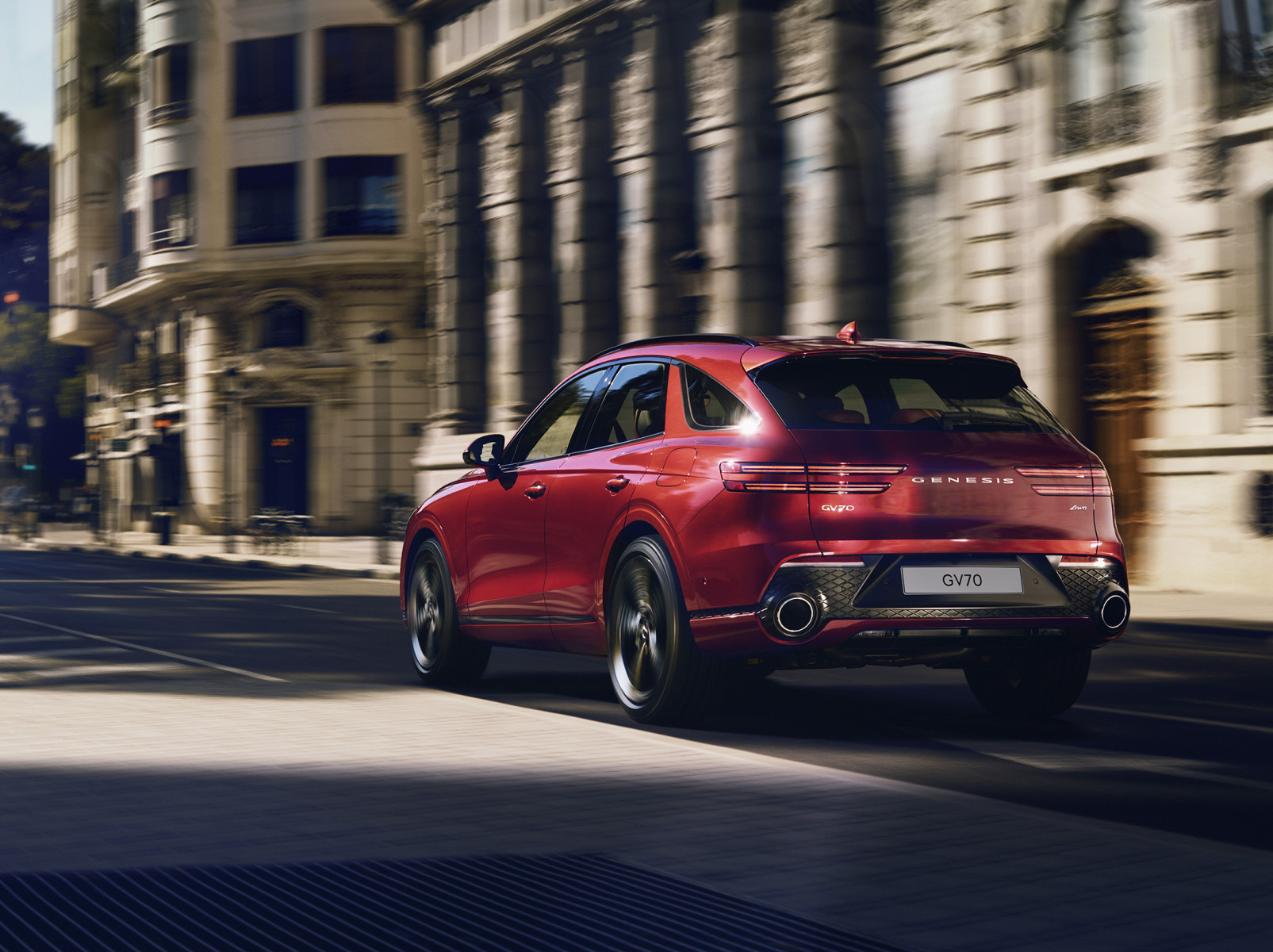Five tips for stress-free summer road trips


Summer should be all about sunshine, adventures and the freedom of the open road. So whether you’re heading off for a scenic drive or cruising along a sun-drenched Mediterranean shore, we want you to enjoy every moment.
Sadly, the thrill of the journey is often compromised by factors that will test anyone’s patience. Traffic jams, vehicle faults or a wrong turning can turn fun into frustration. Of course, there’s no guaranteed way of avoiding trouble, but hopefully our line-up of simple tips will help minimise difficulties and give you the best chance of enjoyable, safe journeys that put a smile on your face.
Vehicle checks
Nothing spoils a journey more quickly than an unexpected vehicle breakdown – and hot summer weather can put considerable extra strain on your car’s systems. Battery issues are the leading cause of summer breakdowns, with older batteries particularly at risk of failing if the demand on them is too great. Hot weather means cars are 50% more likely to overheat, while high road surface temperatures contribute to an increased risk of tyre blowouts and punctures.
So before setting off, carry out a comprehensive check of your car. It needn’t be complicated, but it could well save you from the stress of roadside troubles and expensive delays.
Check tyre pressure and tread, check oil levels, coolant and brake fluid. Ensure your lights and indicators are functioning correctly, and don’t forget to top up your windscreen washer fluid.
If you’re travelling abroad, check on local regulations at your destination and make sure your car is compliant. Different countries have their own emissions standards so you might need the appropriate sticker. Also check on the safety equipment required in your car.
By doing this you’re not only looking after your car, but you’ll also worry much less about anything going wrong. Knowing your car is fit for the road will allow you to focus on the journey ahead, rather than worrying about a potential mechanical malfunction.
Take regular breaks
Too long at the wheel leads to fatigue. With this comes a tendency to feel grumpy, as well as an inability to concentrate. Any or all of these factors will pile on the stress – and put you at greater risk of a collision. That’s why planning regular breaks is essential, not only to maintain your physical wellbeing, but also to keep you mentally fresh and alert on your journey.
Plan to stop every two hours or so, even if you don’t feel tired. Stretch your legs, have a drink and relax. Motorway service areas have a variety of food options, though you can always save money by packing your own snacks and drinks if you wish. In other countries you may find rest stops without facilities or fuel as well as the bigger, busier service stations.
Avoid peak times
Congestion is one of the biggest contributory factors to road rage and stress. Traffic jams, slow-moving vehicles and crowded motorways can quickly cause irritability. That’s why a good way of leaving the stress out of a journey is to plan when you travel.
Try to avoid setting off during the rush hour or on a Bank holiday weekend when the motorways and routes to popular attractions and resorts are likely to be busy. Choose the early morning, late evening, or simply a midweek driving day and you will hopefully find quieter roads – but do check before setting off for any overnight motorway closures.
If you’re travelling abroad, check for details of local holidays, festivals and school breaks that can cause congestion. Try out real-time traffic apps and satnav with live updates to help you re-route around the worst trouble spots.
Know where you can park
Uncertainty around finding a safe and convenient parking spot can cause stress, especially if you’re in an unfamiliar location. For complete peace of mind, research the different options and book in advance. As well as reducing stress and avoiding wasted time hunting for a free parking bay, this eliminates the risk of any unwelcome penalties or fines. Out of town car parks are available in many cities, allowing you to jump on a park-and-ride bus into the centre. There are a number of apps dedicated to helping you find somewhere to park, whether in this country or abroad.
Having a clear parking plan means peace of mind for you, knowing you won’t have to waste time, money and effort at the end of a long and potentially tiring journey.
Take a deep breath
It’s not always easy to stay calm on a journey. Perhaps you’re stuck in a jam, maybe confused by strange road signs, or frustrated by the actions of other drivers. It’s easily said, but meeting fire with fire only risks making a situation worse – and puts you and your companions in greater danger as there’s no way of knowing how far something will escalate.
Try to breathe deeply, recognise that some delays are outside your control and that you can’t possibly know what’s going on inside the mind of another driver. Focus on the bigger picture: the day out, the holiday journey, the excitement of arriving at a lovely destination. If stress builds and you can feel yourself rattled, pull over and take a few minutes to gather your thoughts. Usually that conscious decision to pause briefly is all it takes to make you feel better and regain control.
Finally, look for the opportunity to do another driver a favour (as long as it doesn’t compromise safety). Acts of kindness lead to a better driving environment. You may not have the favour returned straight away, but it’ll make you feel good, and it will help make the journey more pleasant and relaxed.
Enjoy the summer!
If you enjoyed this article, be sure to follow us on Microsoft Start.










